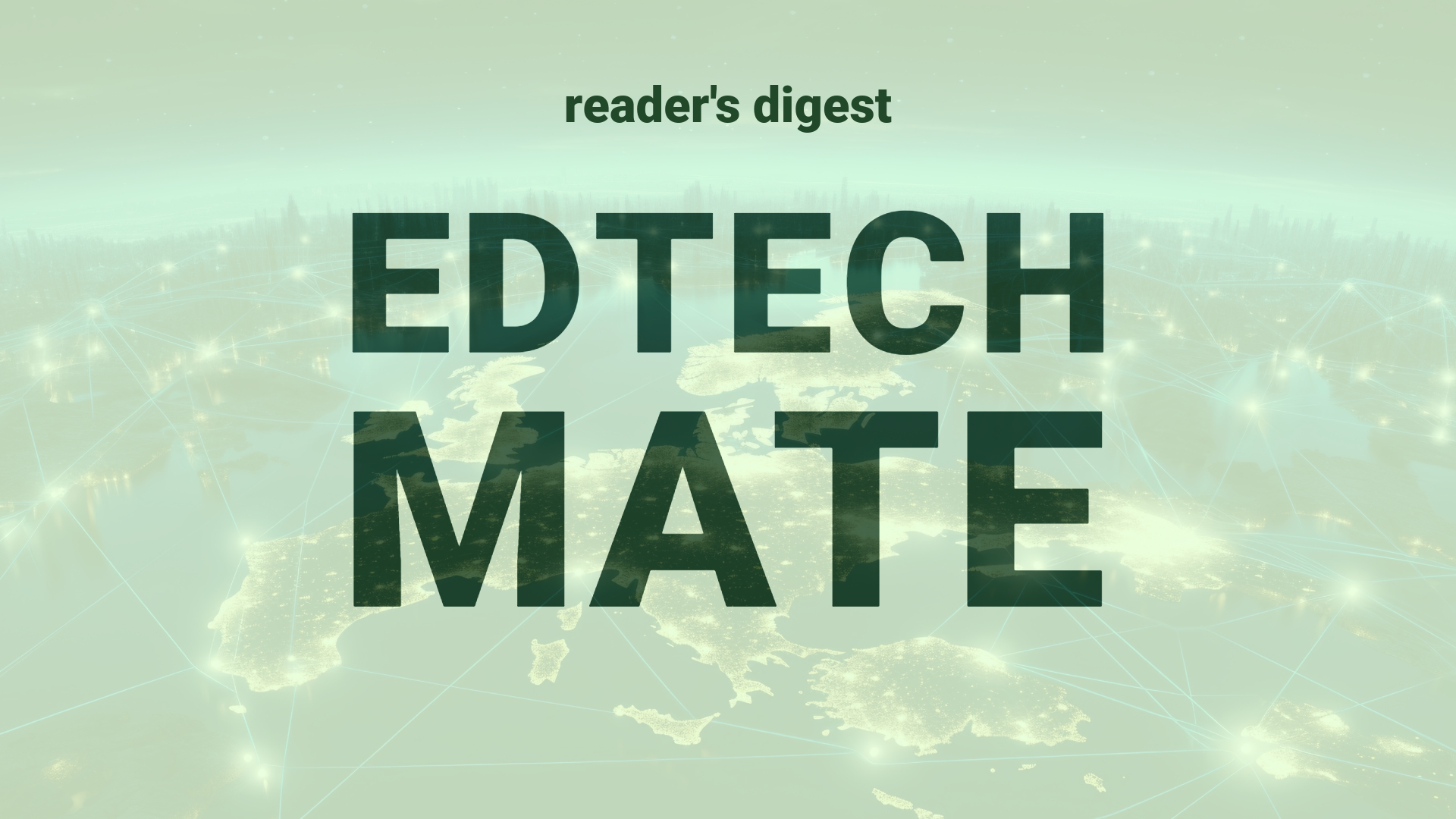Executive Summary and Main Points
The acceleration of technology, particularly generative AI (genAI), has significant implications for digital transformation in the higher education sector. Key points include the necessity for organizations to perpetually evolve their digital strategies and develop core competencies in transformation. GenAI’s emerging impact spans productivity gains, the evolution of data governance, and the enhancement of low-code/no-code platforms. Leaders are urged to foster Digital Trailblazers—individuals with business acumen and a propensity for innovation—to steer these transformative initiatives. Trends indicate a potential reduction in employee numbers as genAI drives improvements and shifts in talent requirements. Importantly, the heightened role of strategic partnerships and the prioritization of quality experiences in product and service delivery arise as pivotal considerations.
Potential Impact in the Education Sector
Developments in genAI are poised to reshape Further Education, Higher Education, and the burgeoning field of Micro-credentials. Organizations will likely face workforce restructuring with genAI leading to increased productivity and, in some instances, reduced headcount. The rise of Digital Trailblazers will necessitate curricula that emphasize digital literacy, agility, and innovation. Additionally, as traditional outsourcing diminishes, institutions may increasingly engage in strategic partnerships to access specialized skills. The integration of advanced AI tools will enable personalized learning experiences and could open up new markets for small educational businesses, enhancing their global reach.
Potential Applicability in the Education Sector
Innovative applications of genAI within global education systems could involve AI-assisted curriculum design, AI-driven personalized learning pathways, and automated administrative processes to maximize efficiency. The transformation of data governance may facilitate sophisticated analyses of student performance and learning outcomes, leading to more nuanced educational interventions. Further, the expansion of low-code/no-code platforms may empower educators to develop custom digital solutions without extensive technical expertise, democratizing educational technology creation and fostering an environment of continuous innovation.
Criticism and Potential Shortfalls
Despite the optimism surrounding genAI, several criticisms and potential shortfalls warrant attention. An overreliance on AI could lead to a devaluation of human-centric education, especially if rapid adoption comes at the expense of thoughtful integration. Cultural and ethical considerations, such as bias in AI algorithms and the digital divide, could exacerbate inequalities within and between educational institutions. Case studies comparing international responses to AI integration may disclose disparities in capabilities and outcomes, underscoring the need for equitable access and frameworks that guide responsible AI use in higher education.
Actionable Recommendations
To harness the opportunities presented by genAI, educational leaders should actively invest in upskilling programs for Digital Trailblazers, emphasizing areas such as AI literacy, digital product management, and agile methodologies. Strategic plans must include accelerated adoptions of AI technologies along with robust frameworks for data governance and ethics. Developing partnerships with tech companies can facilitate access to emerging AI capabilities and insights. Finally, cultivating a culture that values experimentation, rapid iteration, and user-centric design will be crucial to delivering high-quality educational experiences in the era of digital transformation.
Source article: https://blogs.starcio.com/2024/03/genai-leadership-trends.html

